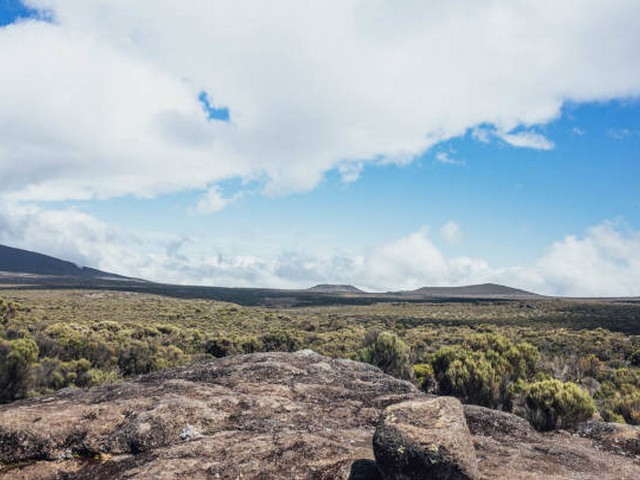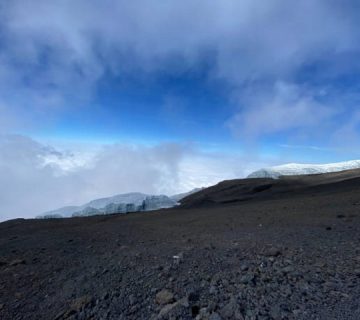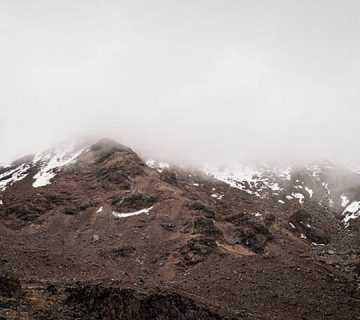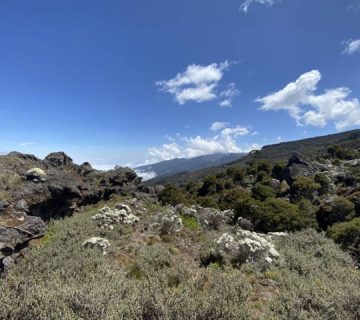Discover the Best Tanzanian Cultural Experiences After Your Kilimanjaro Trek
Conquering Mount Kilimanjaro is undoubtedly a feat that tops many adventurers’ bucket lists. After scaling the heights and reveling in the sweeping vistas from Uhuru Peak, the allure of Tanzania doesn’t just end there. For the culturally curious, the post-trek period provides a perfect opportunity to dive into Tanzania’s rich cultural tapestry. The "Kilimanjaro Centre For Trekking and Ecotourism (KCTE)" is here to guide you through the most enchanting cultural experiences that await you in the heart of East Africa.
Why Immerse in Tanzanian Culture After Your Kilimanjaro Adventure?
Scaling Kilimanjaro gives you a physical appreciation of Tanzania, but engaging with its diverse cultures offers a soulful connection. This nation is a vibrant mosaic of tribes, each with unique traditions, language, and art. From the famous Maasai warriors to the skilled Hadzabe bushmen, Tanzania’s cultural richness adds a profound depth to your travel experience.
Maasai Village Visit: A Window to Nomadic Life
Experience the Legendary Maasai
One of the most iconic cultural experiences in Tanzania is spending a day with the Maasai people. These semi-nomadic warriors are famous for their distinctive customs, dress, and their undying loyalty to traditional practices. A visit to a Maasai village typically involves a warm welcome with songs and dances, a tour of their mud-thatched houses, and an insight into their day-to-day activities such as cattle herding.
Take part in a traditional jumping dance, known as ‘Adumu’, and don’t miss the opportunity to join in a local meal, which might be an adventurous taste for some! This interaction not only broadens your cultural understanding but also supports the local community directly.
Engage in Beadwork and Crafts
Maasai women are master craftswomen, known particularly for their intricate beadwork that they use to adorn themselves and their surroundings. Participating in a beadwork session is not only therapeutic but allows for a deeper appreciation of their art, making for a great hands-on cultural exchange.
Coffee Tours: From Bean to Cup
A Taste of Tanzania’s Coffee Belt
After the chilly heights of Kilimanjaro, warm yourself in the coffee plantations of Arusha or Kilimanjaro regions. Tanzania’s volcanic soils bless it with one of the best coffee beans in the world. Join a coffee tour to learn about the intricate process of coffee making—from picking, drying to roasting beans. Most tours end with a delightful tasting session. Not only is this a chance to savor exceptional coffee but also to listen to the stories of local farmers, providing a snapshot of the agricultural life that is the backbone of Tanzania.
Cultural Heritage Centre: A Treasure Trove of Art and History
Dive into Tanzanian Artistry
In Arusha, the Cultural Heritage Centre is a must-visit for anyone interested in art and history. This venue hosts a vast collection of artworks from across Tanzania and Africa—including sculptures, carvings, and paintings. It’s an excellent place to understand the artistic heritage and also to purchase authentic souvenirs. Each piece tells its own story, reflecting the diversity and richness of the continent’s cultures.
Hadzabe and Datoga Tribes: Echoes of Ancient Traditions
Last of the Hunter-Gatherers
For those intrigued by a more rugged lifestyle, a visit with the Hadzabe tribe, near Lake Eyasi, offers an unparalleled glimpse into the life of one of the world’s last hunter-gatherer tribes. Engage in their daily activities, such as hunting and foraging for wild fruits, and learn about their unique click language. A nearby visit to the Datoga tribe, skilled blacksmiths and craftsmen, complements this cultural journey, showcasing another facet of Tanzania’s diverse cultural landscape.
Swahili Coast: Beyond the Beaches
Cultural Melting Pot of Zanzibar
Extend your cultural exploration to the Swahili coast, particularly Zanzibar, an island steeped in history and culture. Wander through Stone Town, a World Heritage site, with its labyrinthine alleys, bustling bazaars, and the scent of spices in the air. The island’s history as a trading hub has created a unique blend of African, Arab, Indian, and European influences, evident in its food, architecture, and traditions.
Engage, Learn, and Transform
Every cultural encounter in Tanzania offers a unique perspective on the vast tapestry of human experience. Engaging with the local communities not only enriches your travel experience but also fosters a greater understanding and appreciation of the world’s diverse cultures.
Ready to Explore?
Here at Kilimanjaro Centre For Trekking and Ecotourism (KCTE), we believe that the summit is just the beginning. Extend your adventure beyond the peaks of Kilimanjaro to the heart of Tanzania’s cultural heritage. Start with booking your Kilimanjaro climb with us, and let your journey into the rich cultural landscapes of Tanzania begin.
FAQ
Q: What is the best time to visit Tanzanian tribes?
A: The dry seasons, from late June to October and from December to March, are ideal for visiting Tanzanian tribes, as roads are passable and the weather is pleasant.
Q: Are cultural tours ethical?
A: At KCTE, we ensure that all cultural tours are conducted ethically, respecting local customs and traditions. We strive to create meaningful interactions that are beneficial to both visitors and communities.
Q: How can I book a cultural tour?
A: You can book directly through our KCTE cultural tour page or contact us to customize your post-Kilimanjaro trek experience.
Join us to explore the rich cultural landscapes that Tanzania has to offer. Every journey with KCTE is more than just a trek; it’s an exploration of the heart and soul of this incredible land.




